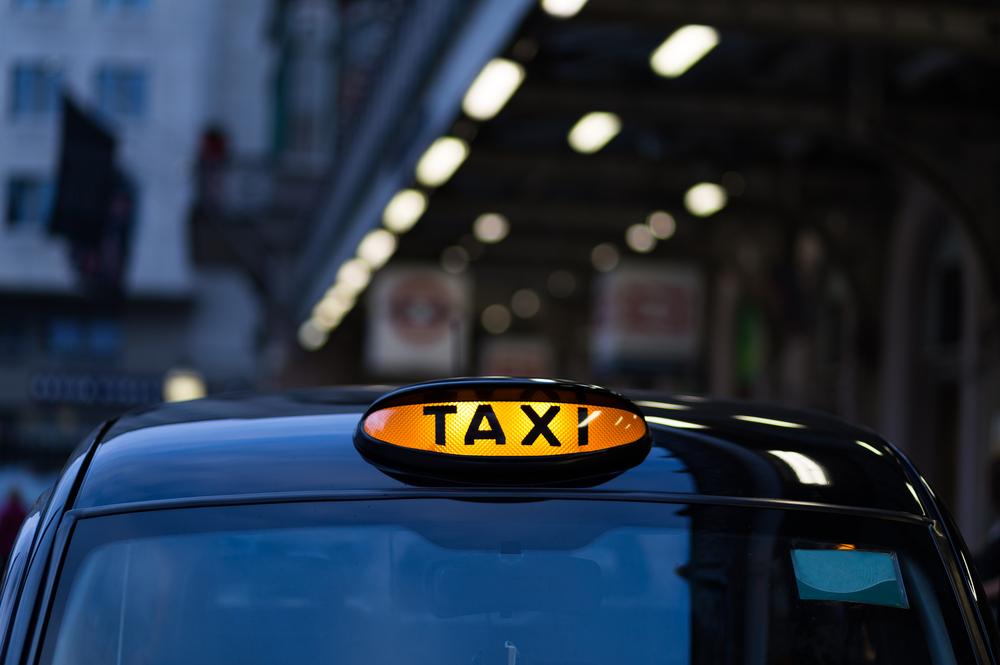Canada News
Quebec taxi drivers to launch rotating strikes beginning on Tuesday

The taxi drivers say they need at least $1.3 billion to compensate them for the loss of value of their taxi permits, which once cost up to $200,000. (Shutterstock Photo)
MONTREAL — Quebec taxi drivers are set to launch a rotating strike on Tuesday to express their dissatisfaction with the government’s moves to overhaul the industry.
They say the strikes will affect nearly every region of Quebec except Montreal, and will take place in several dozen cities including Gatineau, Shawinigan, Laval, Trois-Rivieres and Quebec City.
Drivers from a different group of cities are to strike each day on Tuesday, Wednesday and Thursday, before the cycle restarts.
Only services deemed essential will continue.
A spokesman for the association representing the drivers says the pressure tactics are aimed at Transport Minister Francois Bonnardel, who the drivers accuse of being unwilling to listen to their concerns regarding proposed government legislation that ends the permit quota system.
Bill 17 comes with some $814 million in aid to compensate drivers for their losses, but the drivers say it isn’t enough to stop many of them from sinking into bankruptcy.
Taxi association spokesman Serge Lebreux said the taxi drivers realize the strike could lead some customers to turn to competitors such as Uber, but they have no choice but to take the risk.
“We have nothing to lose right now,” he said in a phone interview. “We’re putting it all on the table. People are desperate. People want to protest. People want to express themselves.”
Bonnardel, he said, is immune to the drivers’ concerns and refuses to “budge an inch.”
“We can’t make him hear reason, even regarding the security aspect,” he said.
Currently, the government has offered about 0,000 to compensate permit holders, 0,000 from royalty fees paid collected at each ride, and million for the modernization of the industry.
The taxi drivers say they need at least $1.3 billion to compensate them for the loss of value of their taxi permits, which once cost up to $200,000.
Lebreux said the drivers have been given free rein on how to protest, but he expects that will mean lots of honking, gatherings in front of elected officials’ offices, and convoys to slow down traffic.
Bill 17 would require that all drivers meet the same obligations. These include a standard Class 5 licence (as opposed to the current 4C required for taxi drivers), a training course and a criminal background check. The bill would also allow taxi drivers to move way from the current fixed-rate system and vary pricing depending on demand, as Uber does.
Bonnardel has argued the government deregulation will help taxi drivers by lowering administrative fees. Drivers will also no longer be limited to picking up clients in specific territories, which will offer them more opportunities to make money, he said.





















